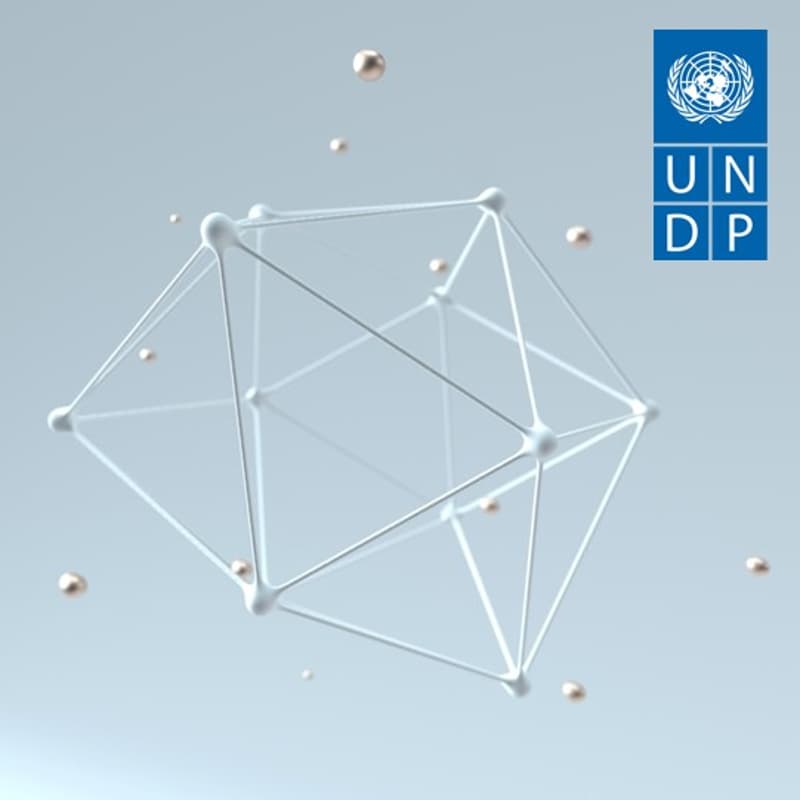Unlocking Systemic Impact: Reimagining Public–Investor Partnerships - A Roundtable on Systems Finance for Sustainability Transformations
Speakers & Featured Cases
Zambia – Green Transition Facility
A $50 million multi-instrument facility blending catalytic grants, guarantees, and return-seeking capital to accelerate Zambia’s shift toward a green, inclusive economy.
Eastern Europe – Mayors for Economic Growth
A new municipal finance model enabling cities to pool resources, attract catalytic investment, and co-finance integrated urban transformation projects that strengthen resilience, inclusivity, and vibrancy.
Catalonia – Shared Agendas under RIS3CAT 2030
The Government of Catalonia is pioneering a place-based systemic investment model through its Shared Agendas, aligning government, business, research, and communities to create pipelines of investable projects for green and just transition goals.
Rockefeller Philanthropy Advisors – Systems Thinking for Impact Investing
RPA’s Shifting Systems Initiative recently launched a Systems Thinking for Impact Investing Primer and Playbook, offering practical tools for foundations, funds, and family offices to embed systems thinking across their strategies, capital deployment, and impact measurement.
C3 Labs – Collaboration for Complex Challenges
Launching in 2025 with pilots in Kenya and Thailand, C3 Labs focuses on the Climate-Biodiversity-Food Systems Nexus. A case clinic, co-led by Georgetown University and UNDP, will explore how this coalition can influence future systemic investment theses and funding models.
Objectives
Engage funders on new possibilities for investment in development
Exchange experiences and opportunities with governments, investors, and partners on financing large-scale societal transitions
Context & Rationale
Despite unprecedented global wealth (over US$460 trillion), our collective ability to address today’s most urgent challenges remains constrained. Climate change, inequality, biodiversity loss, and persistent development divides are not just underfunded—they are misfunded.
Development finance remains fragmented and siloed:
Institutional silos separate governments, IFIs, private sector, and civil society.
Sectoral silos lock financing into single domains like agriculture or energy.
Financial silos prevent blending of grants, loans, guarantees, and private capital.
Meanwhile, mainstream finance continues to undermine sustainability: in 2024 alone, fossil fuel subsidies hit US$7 trillion and banks channeled nearly US$6 trillion into fossil fuels since the Paris Agreement.
To deliver on the SDGs, we must shift from financing projects to financing systems—aligning diverse forms of capital to drive structural, sustainable change.
Logistics
Please kindly register through the link and arrive at least 15 minutes before the event. A badge will be issued at the front desk for entry.
